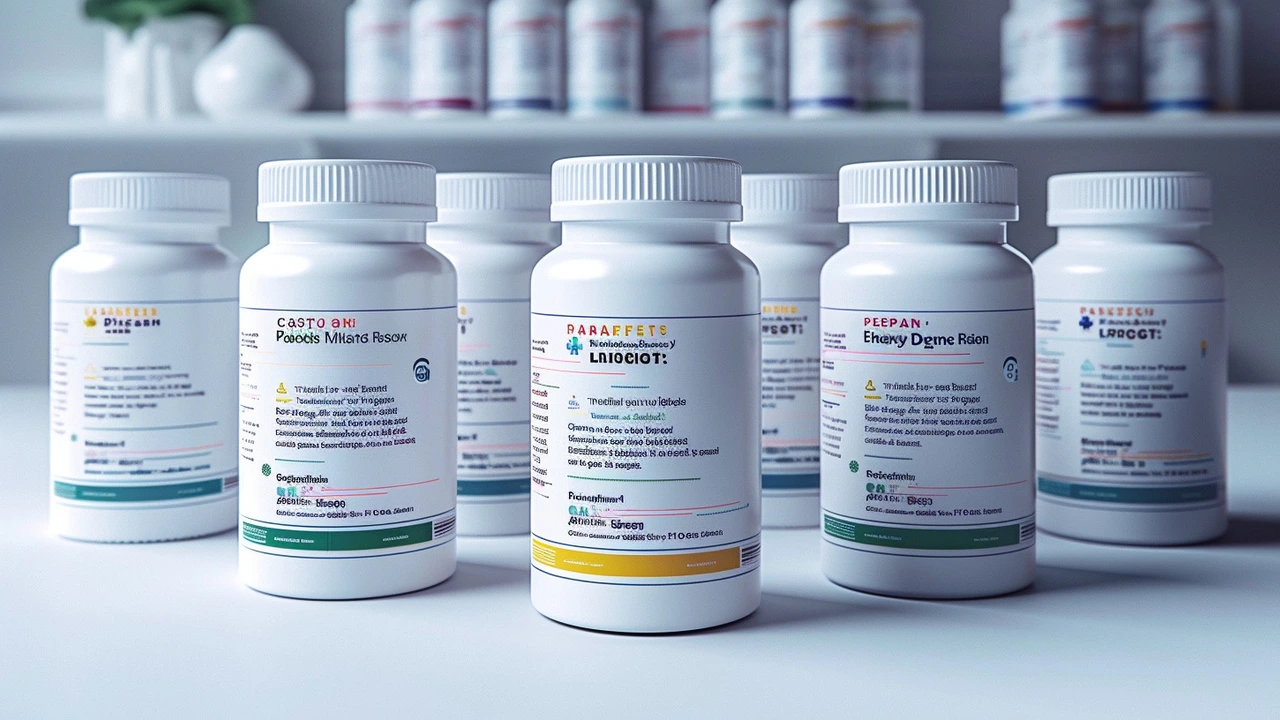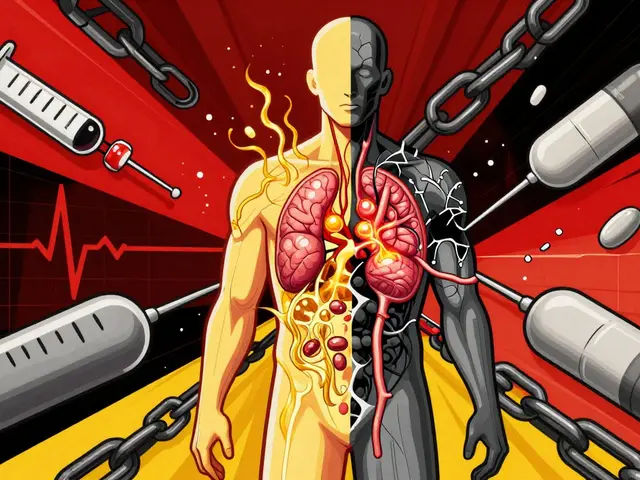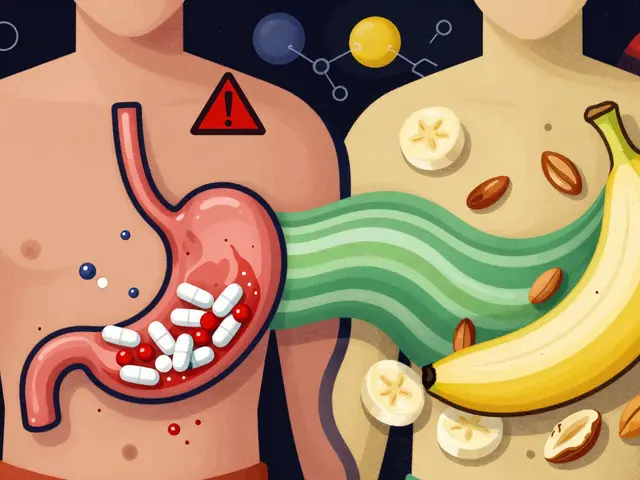Major Depressive Disorder: What to watch for and what you can do
About 1 in 6 people will experience major depression at some point. If you feel low for weeks, lose interest in things you used to enjoy, or notice big changes in sleep or appetite, this could be major depressive disorder (MDD). MDD is more than a rough patch — it changes how you think, feel, and function every day.
Common signs are persistent sadness, low energy, trouble concentrating, changes in sleep (too much or too little), appetite shifts, and feelings of worthlessness. Suicidal thoughts or planning are urgent red flags. If that’s happening to you or someone close to you, get emergency help now.
Diagnosis usually comes after a health professional asks about symptoms, family history, and daily impact. They’ll check for other causes like thyroid issues or medication side effects. Be honest about alcohol or drug use — those can mimic or worsen depression.
Treatment options that actually help
Treatment works for most people. Two main proven routes are psychotherapy and medication. Cognitive Behavioral Therapy (CBT) and interpersonal therapy help change patterns of thinking and improve coping skills. Antidepressants — commonly SSRIs and SNRIs — can reduce symptoms, but they typically take 4–6 weeks to show benefit.
If a first medication doesn’t help, doctors may switch drugs, combine medications, or add therapy. Some people respond to bupropion, mirtazapine, or other options. For severe or treatment-resistant depression, options include ketamine/esketamine, transcranial magnetic stimulation (rTMS), and electroconvulsive therapy (ECT). If bipolar disorder is suspected, mood stabilizers are considered instead of standard antidepressants.
Side effects matter. Ask your clinician about what to expect and how long to wait before changing treatment. Don’t stop meds abruptly without guidance.
Practical steps you can take today
If you’re worried right now: tell someone you trust, remove access to means of self-harm, and call your local emergency number or a crisis line. For non-emergencies, make a primary care or mental health appointment and write down a simple list of symptoms and recent changes — that helps the clinician diagnose faster.
Daily actions that help: keep a regular sleep schedule, get short walks outside, break tasks into tiny steps, and avoid heavy alcohol or drugs. Track mood and activities so you can spot patterns. Bring a friend or family member to appointments for support and clarity.
Want to learn more about medications or alternatives? Our site has guides on antidepressant options, mood stabilizers, and practical tips for managing side effects. You don’t have to handle this alone — reach out, ask questions, and try one step today toward feeling better.

Camber Pharmaceuticals Releases Generic Wellbutrin SR: A New Frontier in Depression Management
Camber Pharmaceuticals Inc. introduces Camber SR, a generic version of Wellbutrin SR for treating major depressive disorder. Available in various strengths and bottle counts, it provides a cost-effective alternative for patients.
read more




